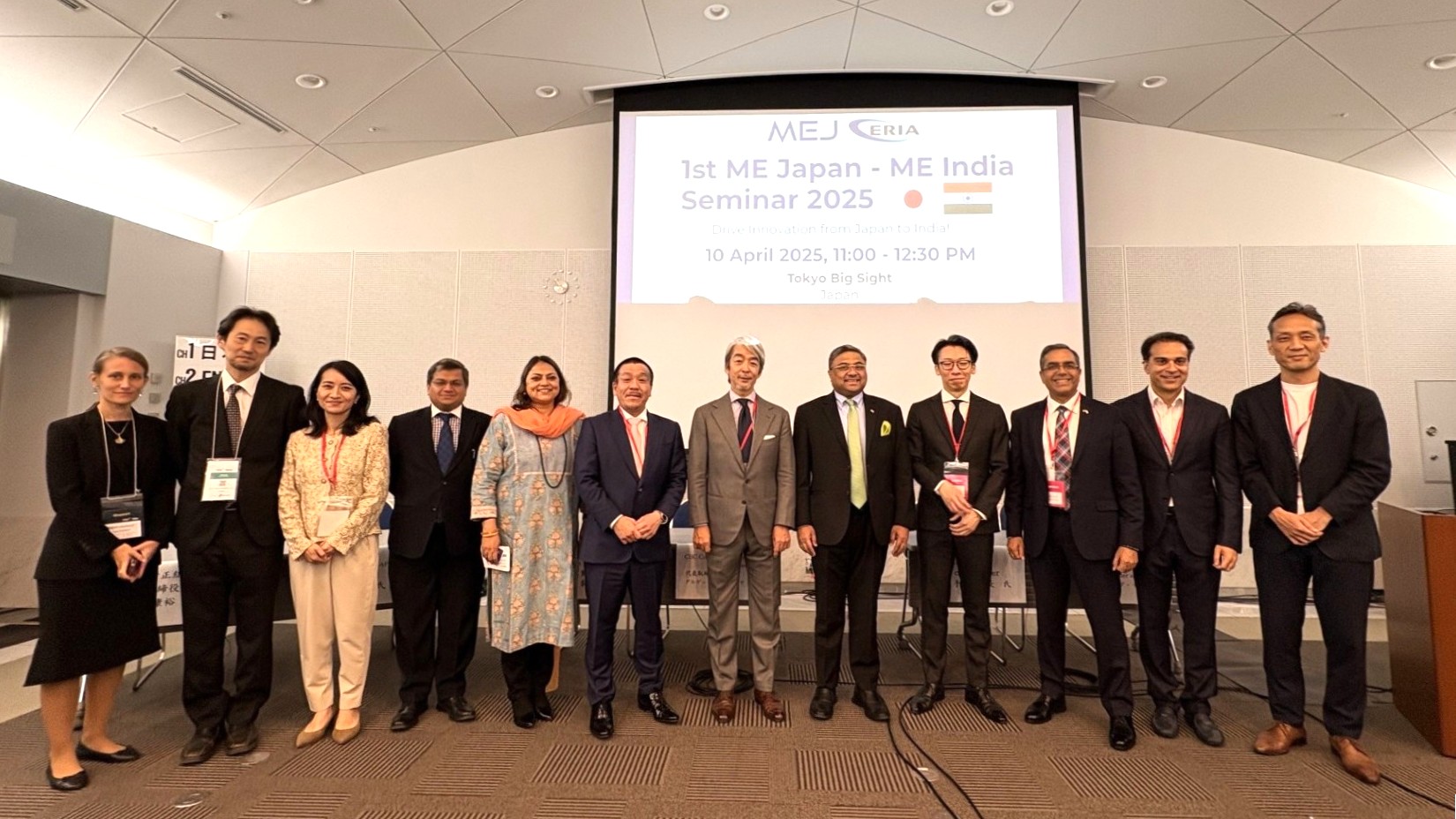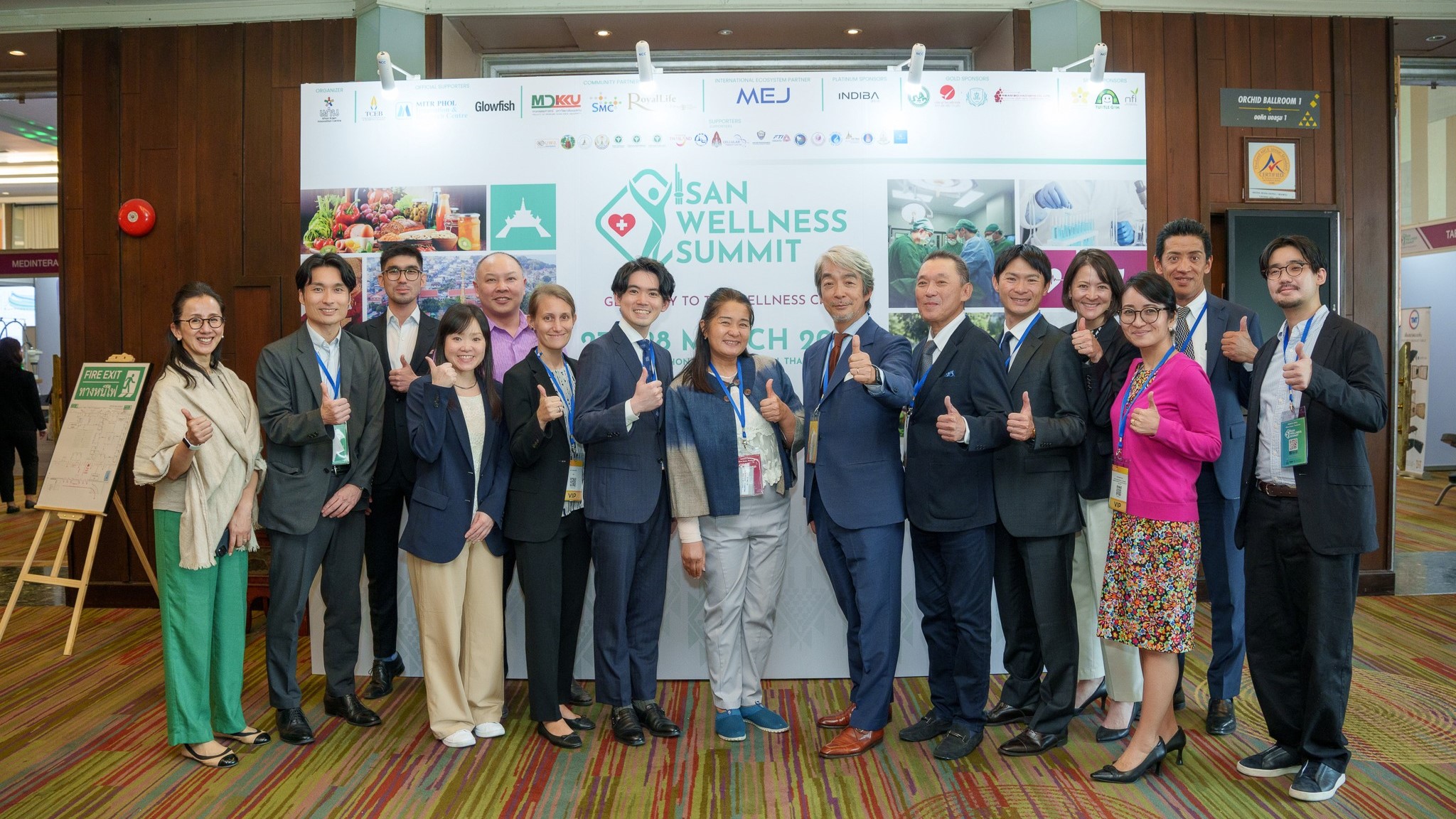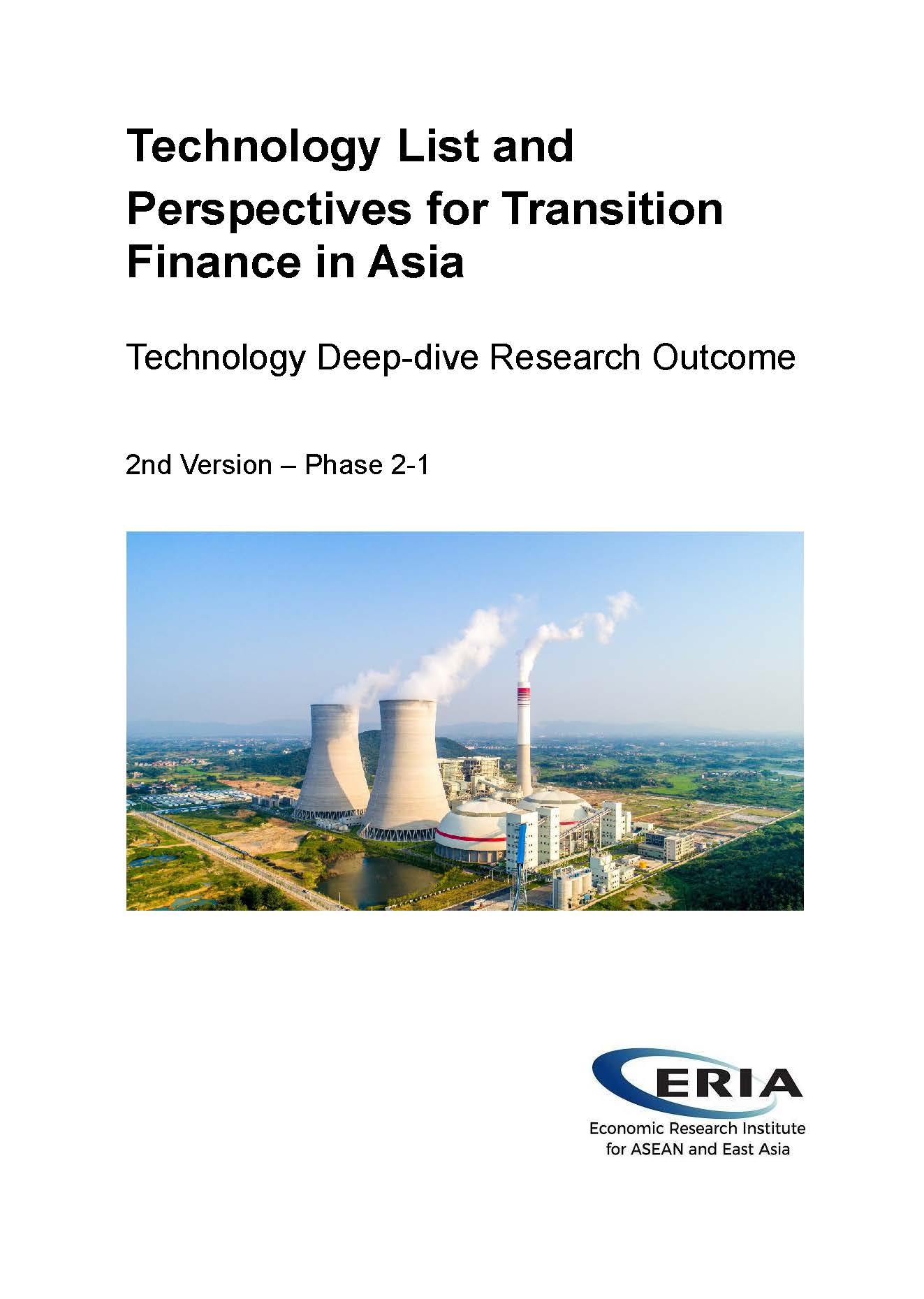ERIA School of Government Hosts Second High-Level Executive Roundtable on Semiconductors
Date:
11 April 2025Category:
ERIA School of GovernmentTopics:
ERIA School of GovernmentShare Article:
Print Article:
Jakarta, 11 April 2025: The ERIA School of Government hosted the second High-Level Executive Roundtable in Jakarta, Indonesia, bringing together prominent figures from government, academia, and industry to discuss strategies for advancing Indonesia’s semiconductor sector.
The roundtable featured participation from Kazumi Nishikawa, Principal Director of the Trade and Economic Security Bureau, Ministry of Economy, Trade and Industry (METI) of Japan; Dr Chatib Basri, representing the Ministry of Foreign Affairs of the Republic of Indonesia; Dr Fauzan Adziman, Director General of Research and Development, Ministry of Higher Education, Science, and Technology (MoHEST); Dr Raden Pardede, Special Advisor to the Coordinating Minister for Economic Affairs; and distinguished guests from the Indonesia Business Council, MoHEST, the Coordinating Ministry for Economic Affairs, and Toyota Motor Manufacturing Indonesia.
Key topics included Japan’s semiconductor strategy, presented by Mr Nishikawa, who underscored the importance of front-end and back-end investments and the need for robust education systems to nurture semiconductor-related human capital. He stressed that developing such capacity is essential for supporting a digital society, especially as Artificial Intelligence continues to evolve.
Dr Basri addressed the economic feasibility of building a domestic semiconductor industry in Indonesia, noting the need to assess demand as a fundamental criterion. Mr Nishikawa echoed this, reiterating that sustainable development in the sector hinges on both market demand and a strong educational foundation.
Dr Pardede provided an overview of Indonesia’s current positioning in the global semiconductor landscape. While acknowledging the country’s early-stage status, he highlighted Indonesia’s considerable human resource potential, particularly from its universities. He stressed the importance of targeted investment and long-term commitment to fostering the ecosystem.
Dr Adziman concluded the discussion by emphasising Indonesia’s latent talent pool and the significance of talent circulation – both inbound and outbound – as a catalyst for innovation and skills development.
Looking ahead, the ERIA School of Government plans to continue convening high-level roundtables and community-building efforts, with the aim of supporting shared policy goals and fostering regional collaboration in strategic sectors like semiconductors.






